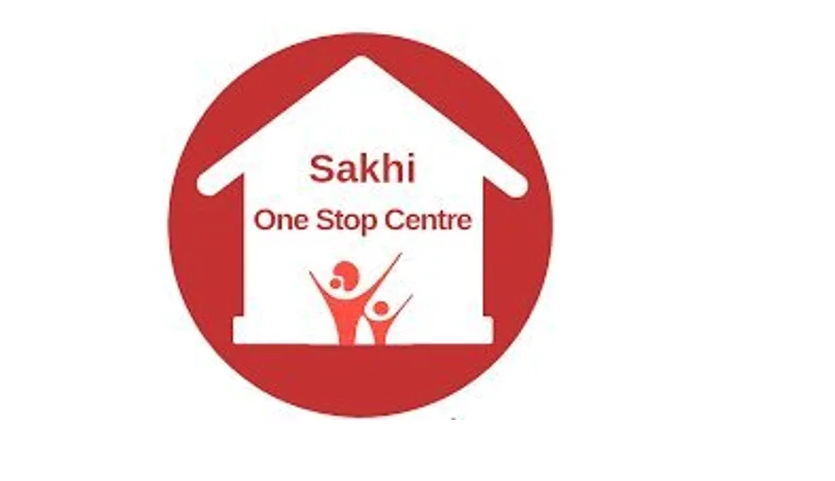In a society where domestic violence and abuse against women often go unspoken and unresolved, One Stop Centres (OSCs) have emerged as a critical intervention mechanism to support and empower women in distress.
These centres, initiated under the Ministry of Women and Child Development, aim to provide a comprehensive and integrated range of services including legal aid, psychological counselling, police assistance, medical support, and temporary shelter all under one roof. Their role is not just limited to responding to violence but extends to helping women rebuild their lives with dignity and hope.
The OSC Kupwara, in particular, stands as a shining example of this mission in action. Several women who approached the centre had suffered prolonged neglect and abuse ranging from being abandoned by their spouses to being emotionally manipulated and misled. In many of these cases, the victims had no place to turn to, until they came in contact with the OSC. What sets OSCs apart is their commitment to listening patiently, responding empathetically, and following up consistently offering not just technical support but emotional healing and practical resolution.
Real life interventions handled by the OSC Kupwara reflect the transformative impact of such centres. In one instance, a woman who had been forced to live with her parents for over four years due to domestic abuse found relief and reconciliation through OSC’s counselling services. Despite legal directions for financial support, her husband had remained unresponsive until the centre intervened. By engaging both parties in repeated sessions, the team helped bridge their long-standing misunderstandings, eventually bringing about a positive reconciliation.
In another case, a woman abandoned by her husband and living abroad with her child reached out to the centre online. Despite her inability to visit the centre initially, the OSC team maintained regular counselling over phone calls. Eventually, both the woman and her estranged husband were brought together for face-to-face counselling after five years of separation. It was through this heartfelt and persistent intervention that the two were able to revisit their relationship and consider rebuilding their family.
Another striking case involved a single mother misled by a man with false promises of marriage. After prolonged emotional trauma and social pressure, she approached OSC Kupwara. The accused initially refused to cooperate, but with support from local police and counselling facilitated by the centre, the matter was resolved. The man accepted responsibility, and the couple entered into marriage as per Muslim Shariah law, providing a new sense of security and legitimacy to the woman and her children.
These cases reflect the undeniable importance of One Stop Centres in today’s world. More than just administrative units, OSCs act as safe spaces where women are heard, respected, and supported without judgment. They cater to women from diverse backgrounds and circumstances, helping them find justice, dignity, and in many cases, reconciliation. Particularly in regions like Kupwara, where traditional mindsets often suppress women’s voices, the presence of a platform like OSC gives women a chance to speak, heal, and reclaim control over their lives.
The effectiveness of these centres lies in their ability to combine legal and psychological intervention with genuine human empathy. They offer not only a way out of trauma but often a path toward restoration and peace. In a world that still battles gender-based violence every day, One Stop Centres are not just helpful they are essential.
(The Author is independent columnist and academician and can be reached at:[email protected])










